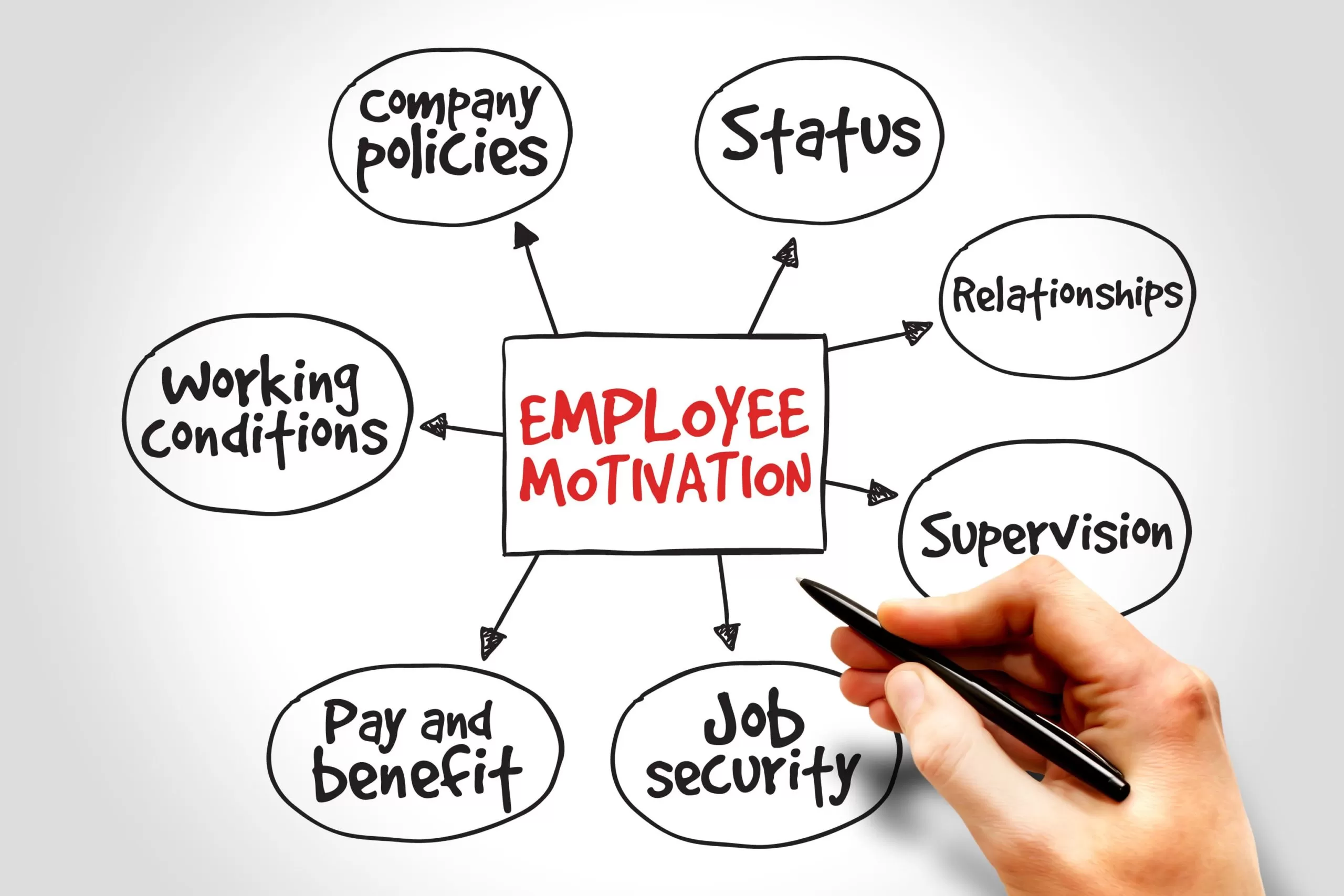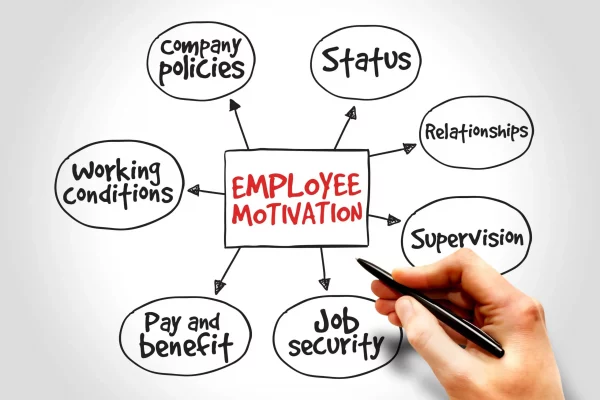The natural judge of the success of a company lies in the productivity meter of the company. One of the things that improve a company or an organisation’s productivity is staff motivation incentives. Motivation is the willingness to action especially in behaviour.
Read more about Career
Motivation enhances the way humans work, how they work and the quality of their work. An incentive is something that motivates, rouses or encourages. It is a bonus or reward, often monetary, to work harder. The essence of staff motivation incentives is to provoke the hidden aura of exceptional performance within each staff for increased productivity of the organisation which in turn ensures the organisation’s success.
Staff motivation can take any form and it is not necessarily monetary. The incentives can be financial rewards or offering incentive plans like bonus pay, shared profit or non-financial incentives by creating value for the staff by ensuring a positive atmosphere for them to work in, praising their efforts etc. There’s a natural push for loyalty from the staff to the employers when this motivation incentives button is pushed.
Impact of staff motivation incentives
1. Promotes job satisfaction: Employees work better when they are satisfied with whatever job they are doing. The question here is not the nature of the job but the atmosphere the job brings to them; this highly influences their productivity. Staff motivation incentives trigger this positive and productive atmosphere for staff/employees.
2. Skyrockets employee’s loyalty: Motivation incentives encourage staff to starve their self-interests giving their 100% focus and commitment to the activities of the organisation and protecting the organisation’s interest because of the certainty that they are not being exploited but are going to be benefactors of the organisation’s benevolence or compensation. Naturally, there would be an innate need to justify the essence of the given incentive by every benefiting staff.
3. Guarantees the financial security of the staff: When a good number of the workforce of an organisation Is certain that they will have financial security as a result of the top-up incentive they receive from the organisation they work in, they’ll remove any shade of distraction coexisting among them and work dedicatedly to achieve the organisation’s goal.
Sign up to the Connect Nigeria daily newsletter
4. Helps employees in sharing and creating value for the company: When incentives are given like a nonfinancial incentive of praise, recognising the hard work of staff and commending their dedication and contribution to the organisation, they would be more than glad to do more, contribute more value to the company and in the most case would do everything in their power to see the company grows productively each day.
5. Collaboration is enhanced: When there no longer exists the tag of recognition for the top performer of the organisation but Instead recognition for a team’s input, there would be more teamwork than competition among the staff. A united house stands better and stronger than a divided one. An organisation that has a good teamwork structure is set for a geometric increase in its productivity scale.
However, the use of motivation incentives can also lead to poor performance if the strategy in doing this is poor. It could lead to individualism as individuals work on their own to earn recognition, compensation and even financial rewards but a good motivation incentive strategy that dictates teamwork structure, rewarding the staff as a team and even better strategies, will ensure a positive impact of motivation incentive on staff.
Featured Image Source: Matchr
Got a suggestion? Contact us: [email protected]


